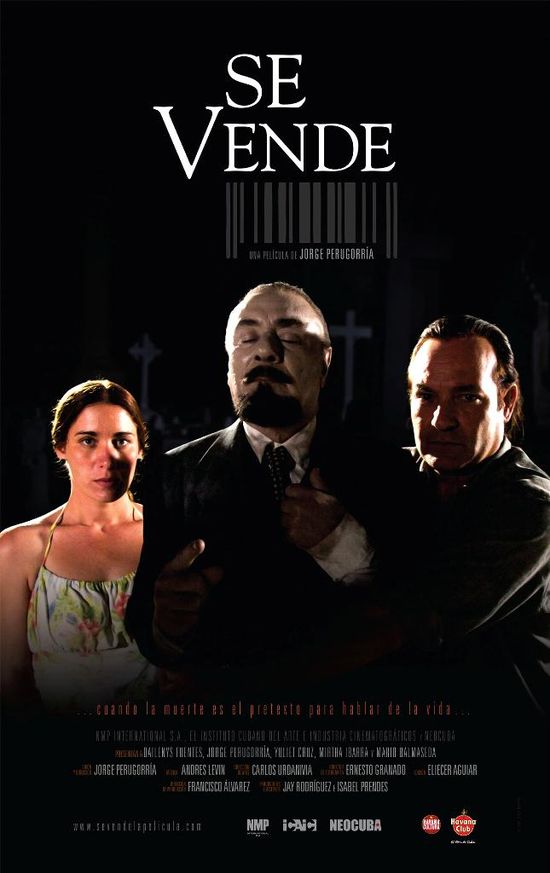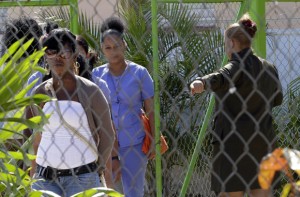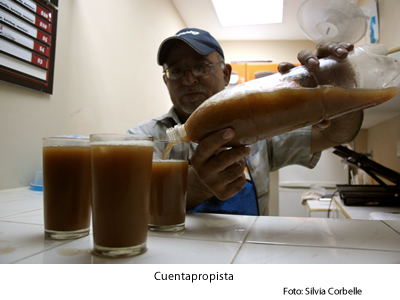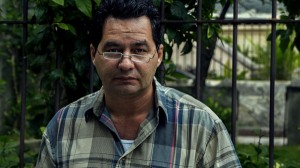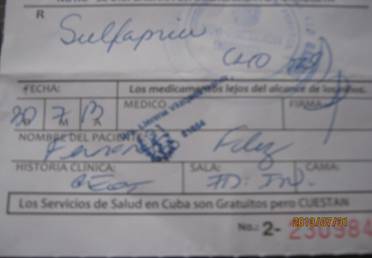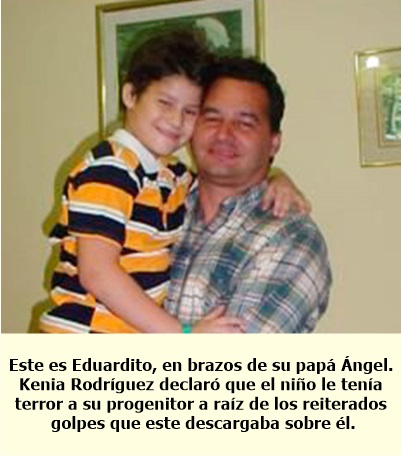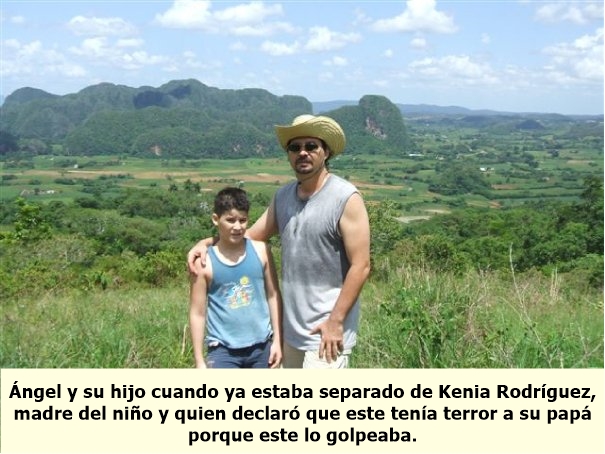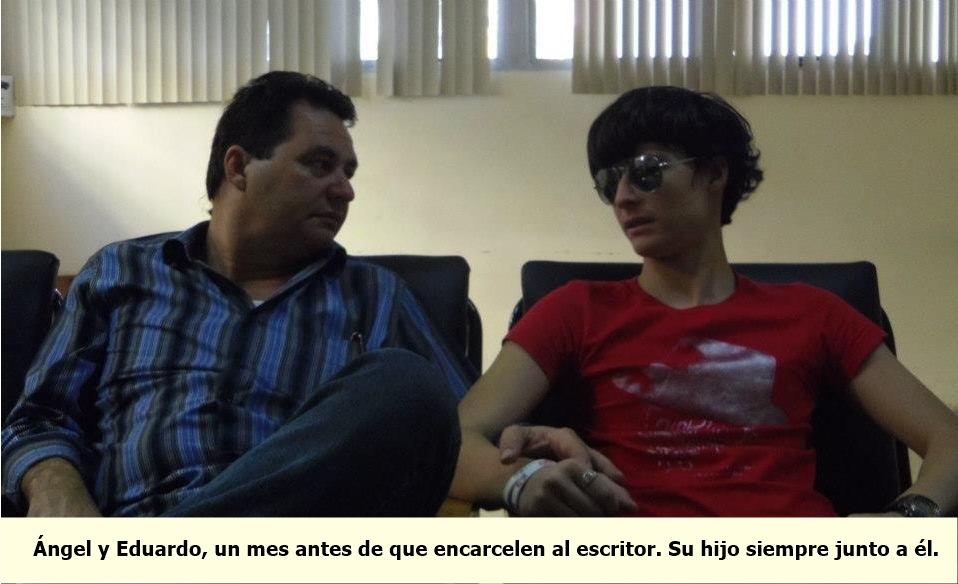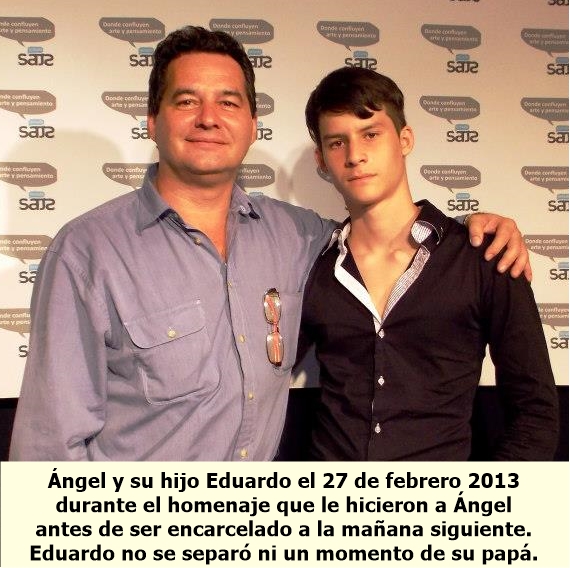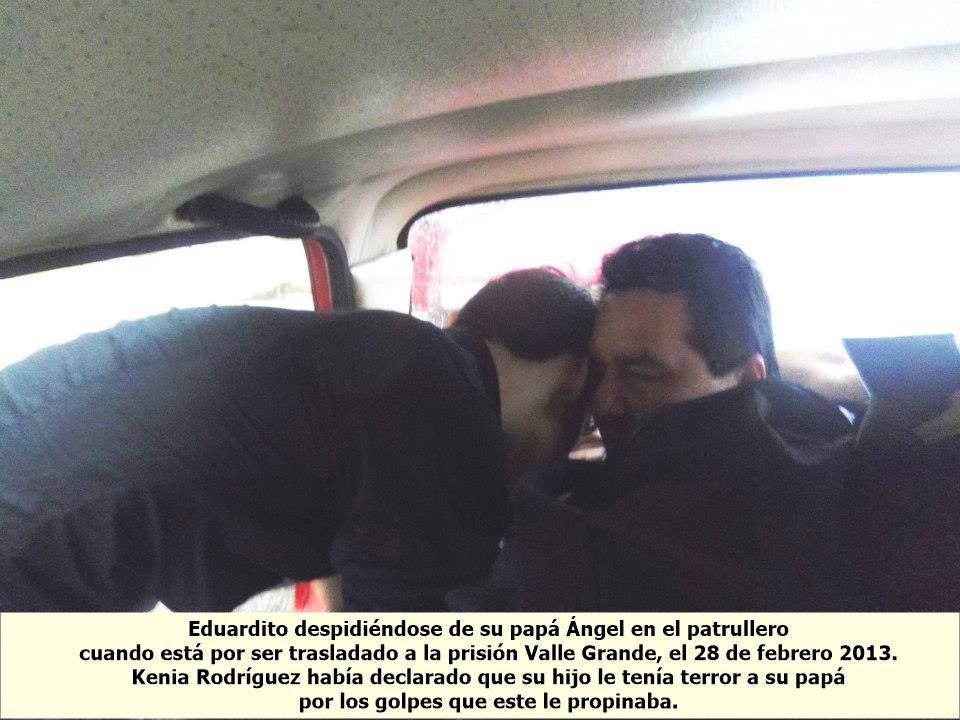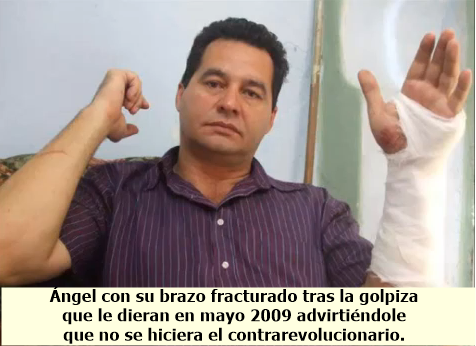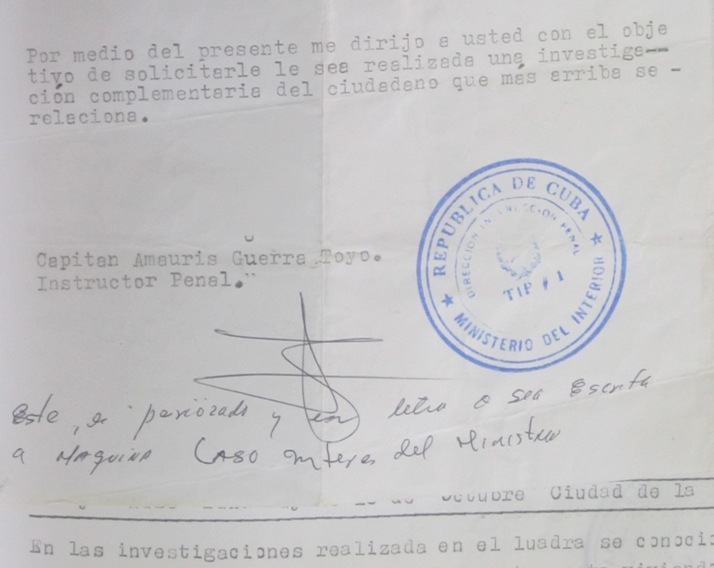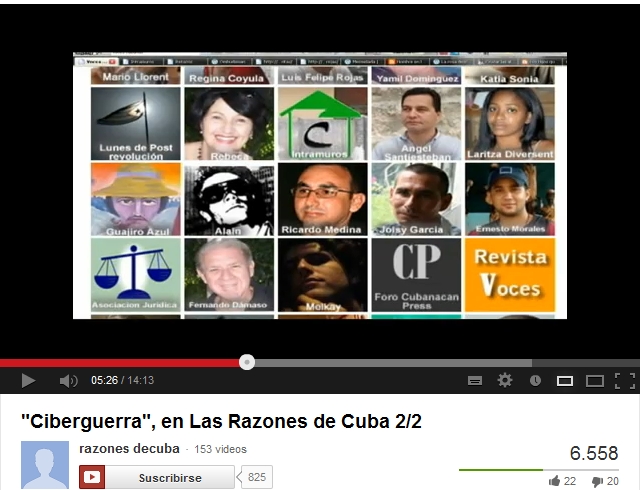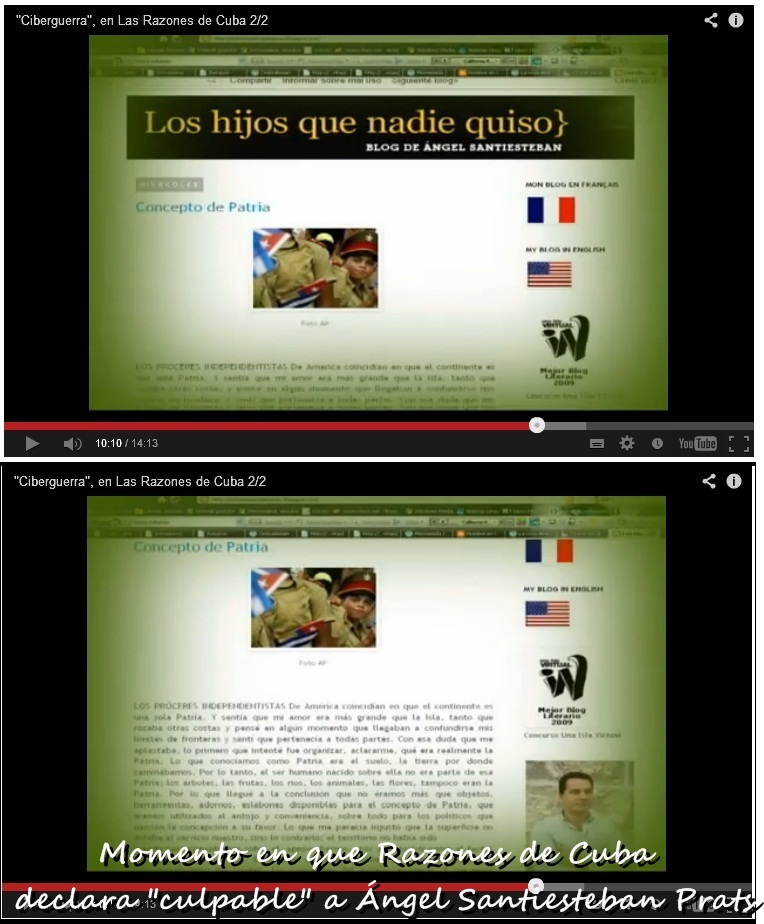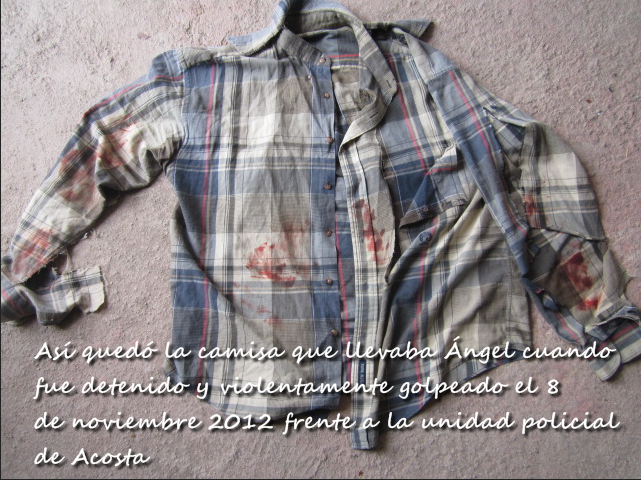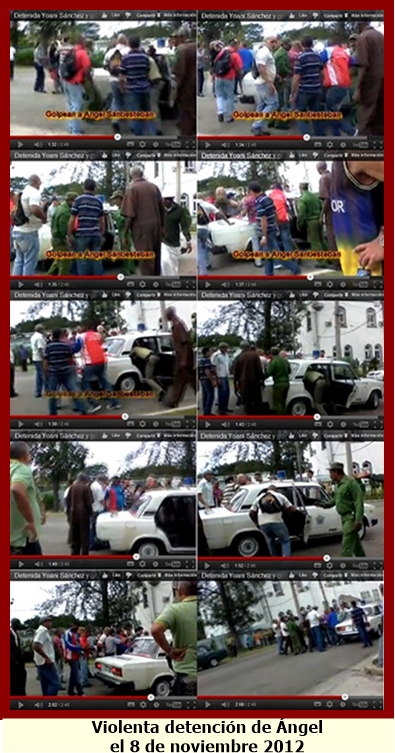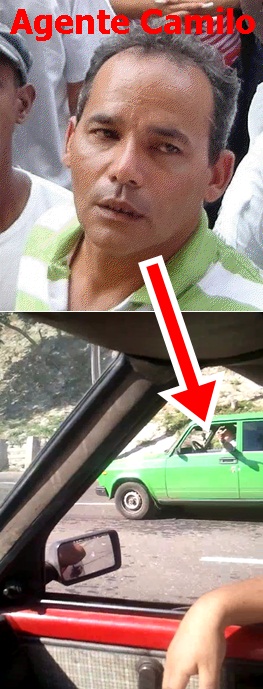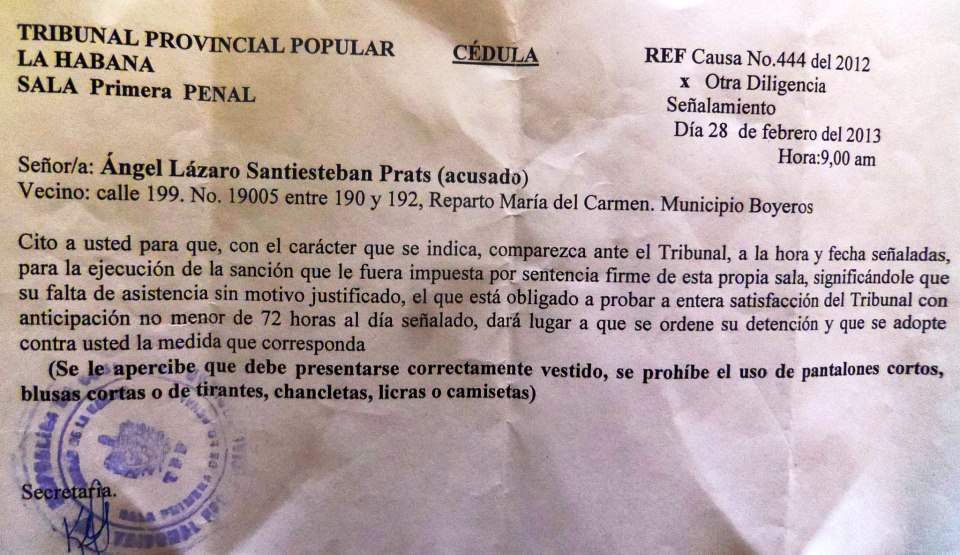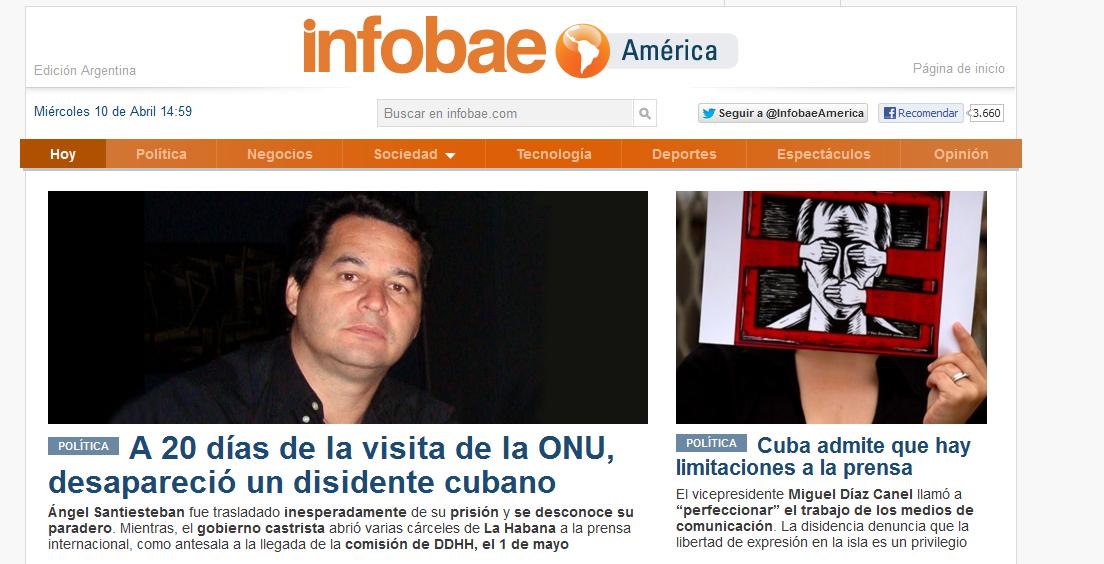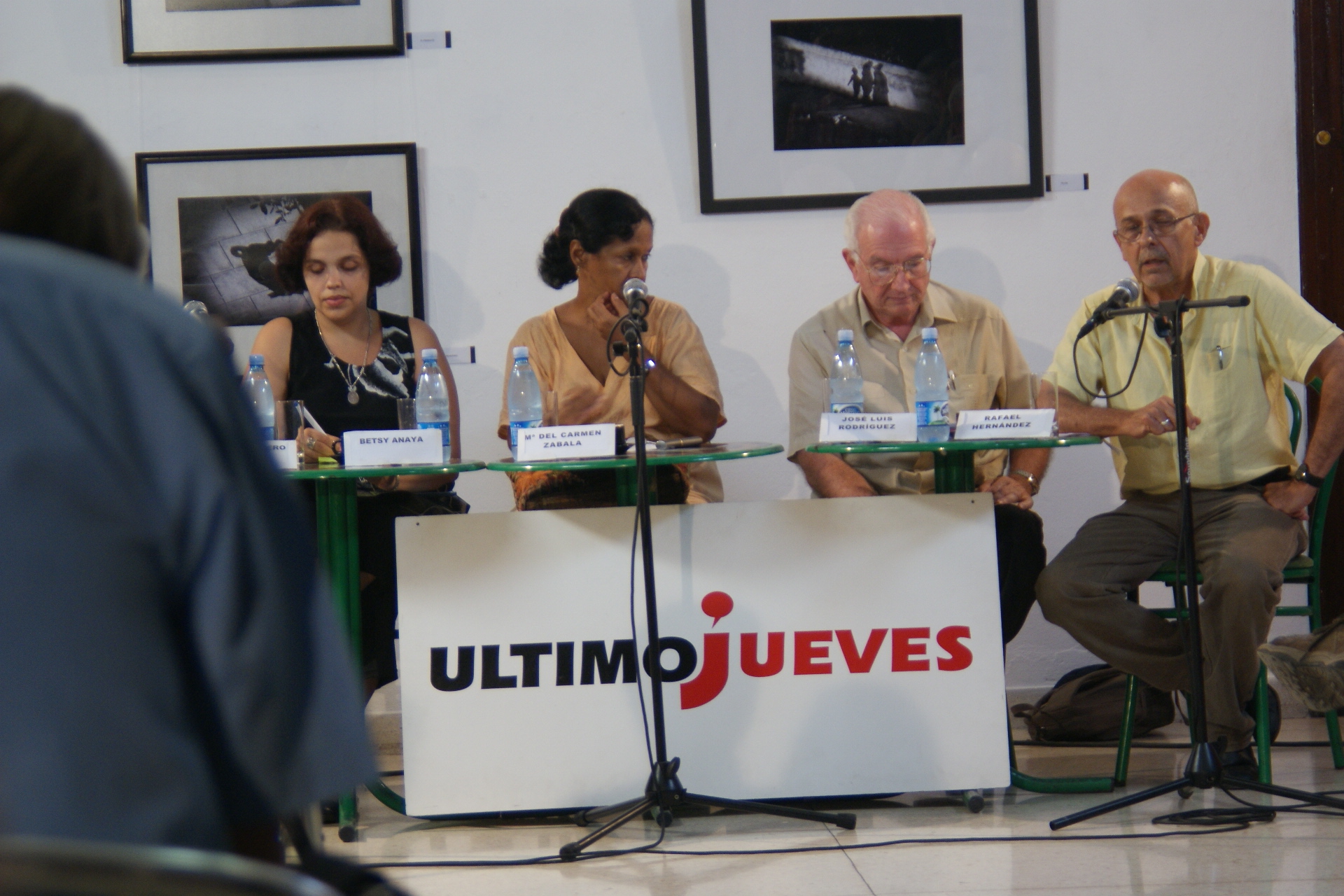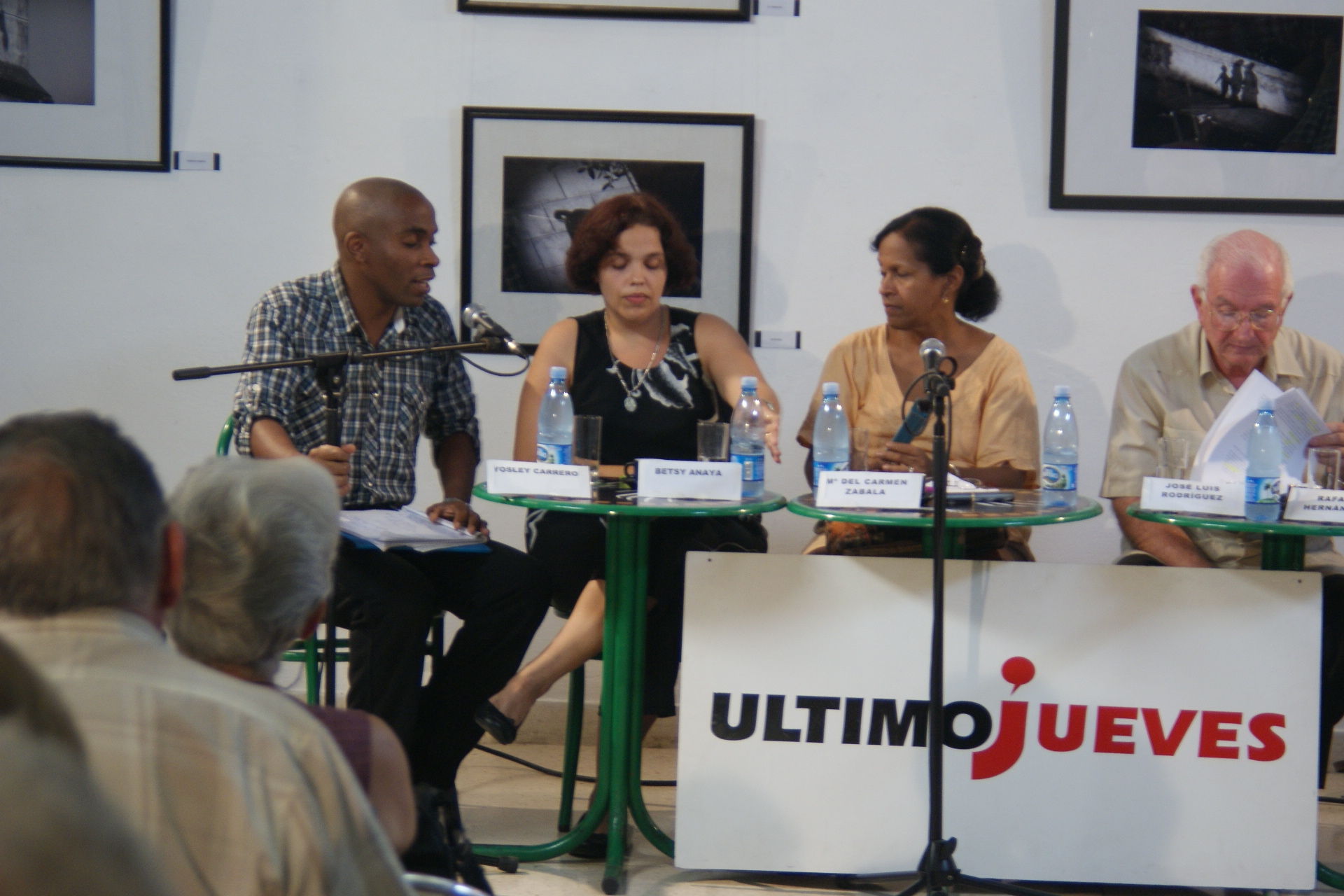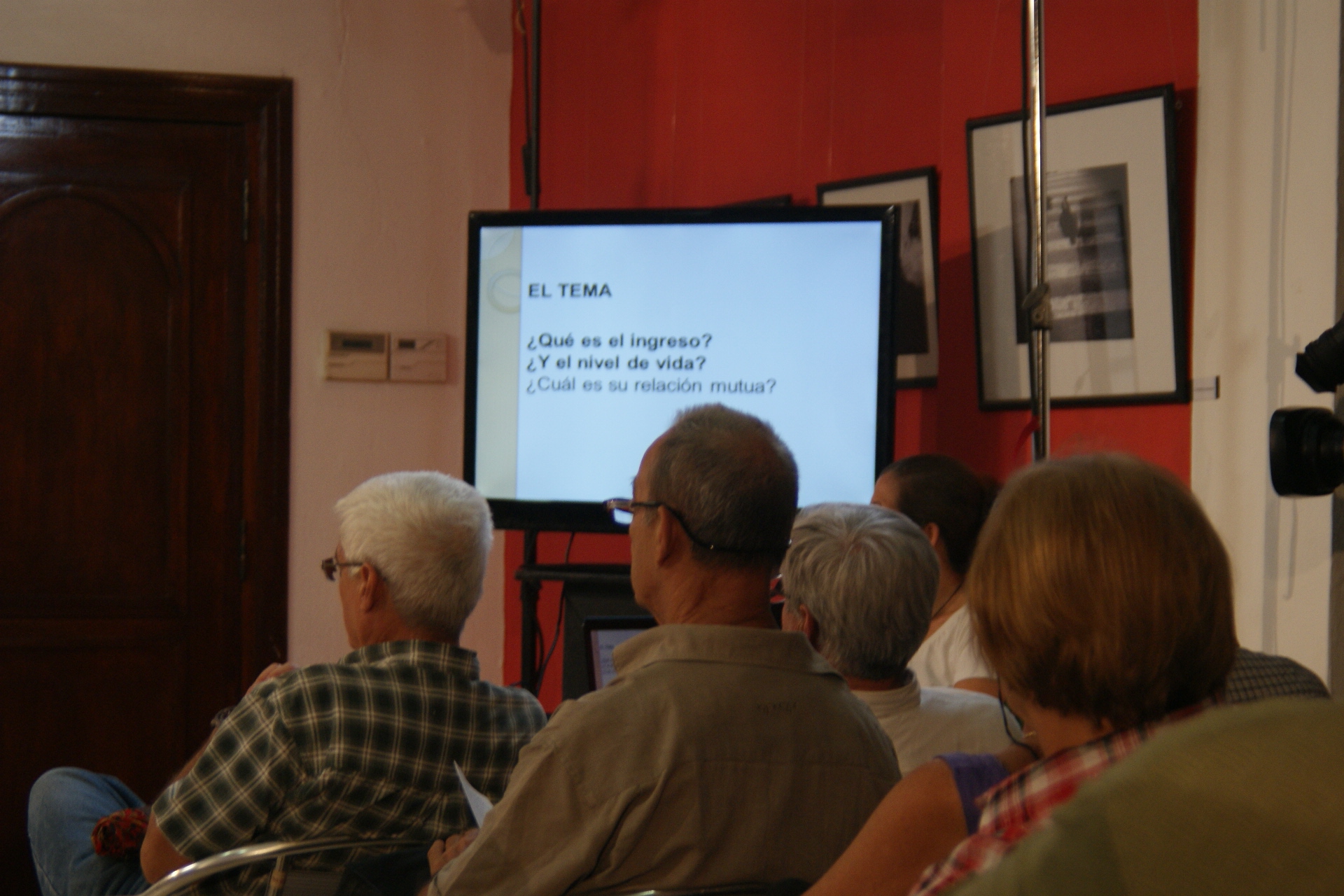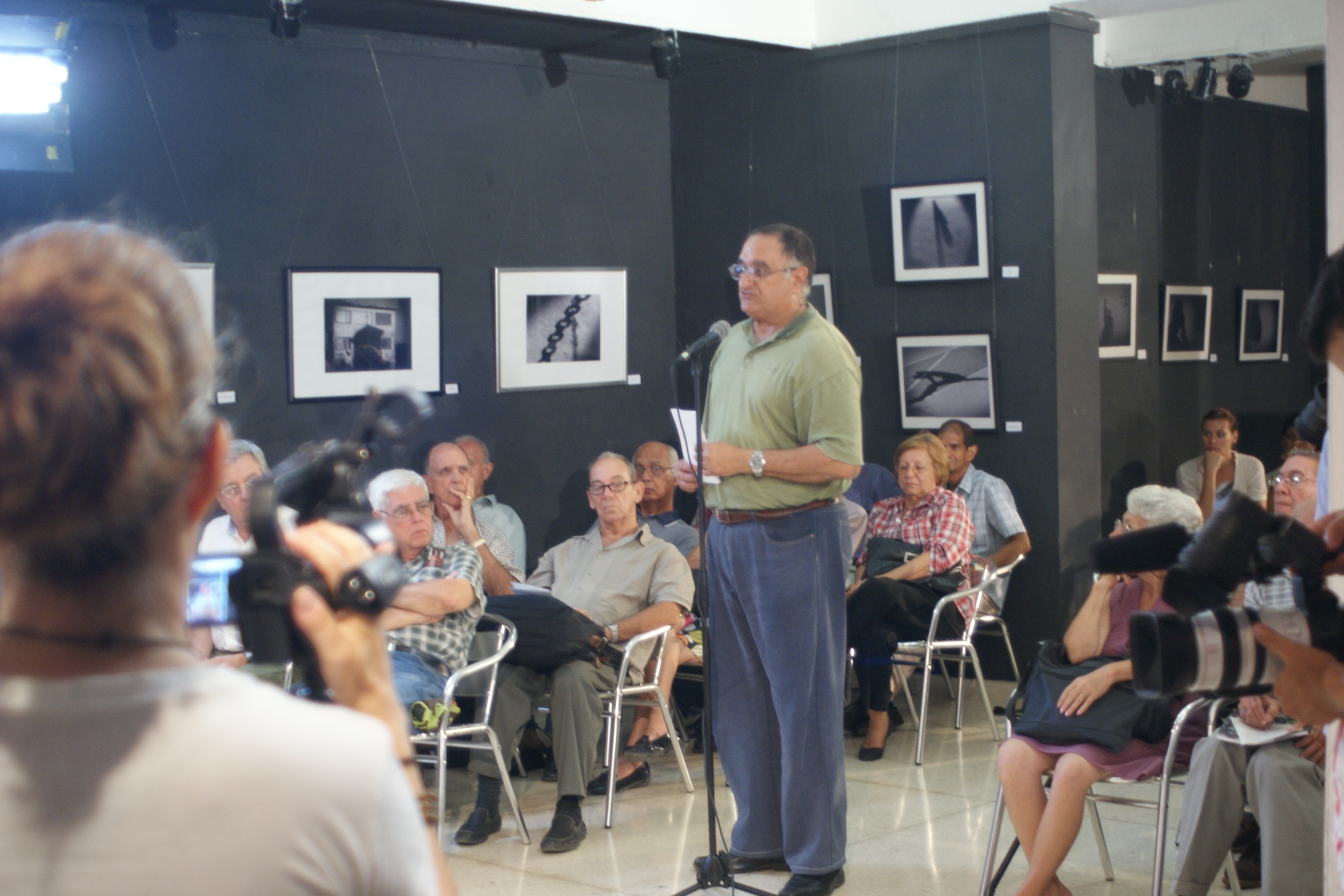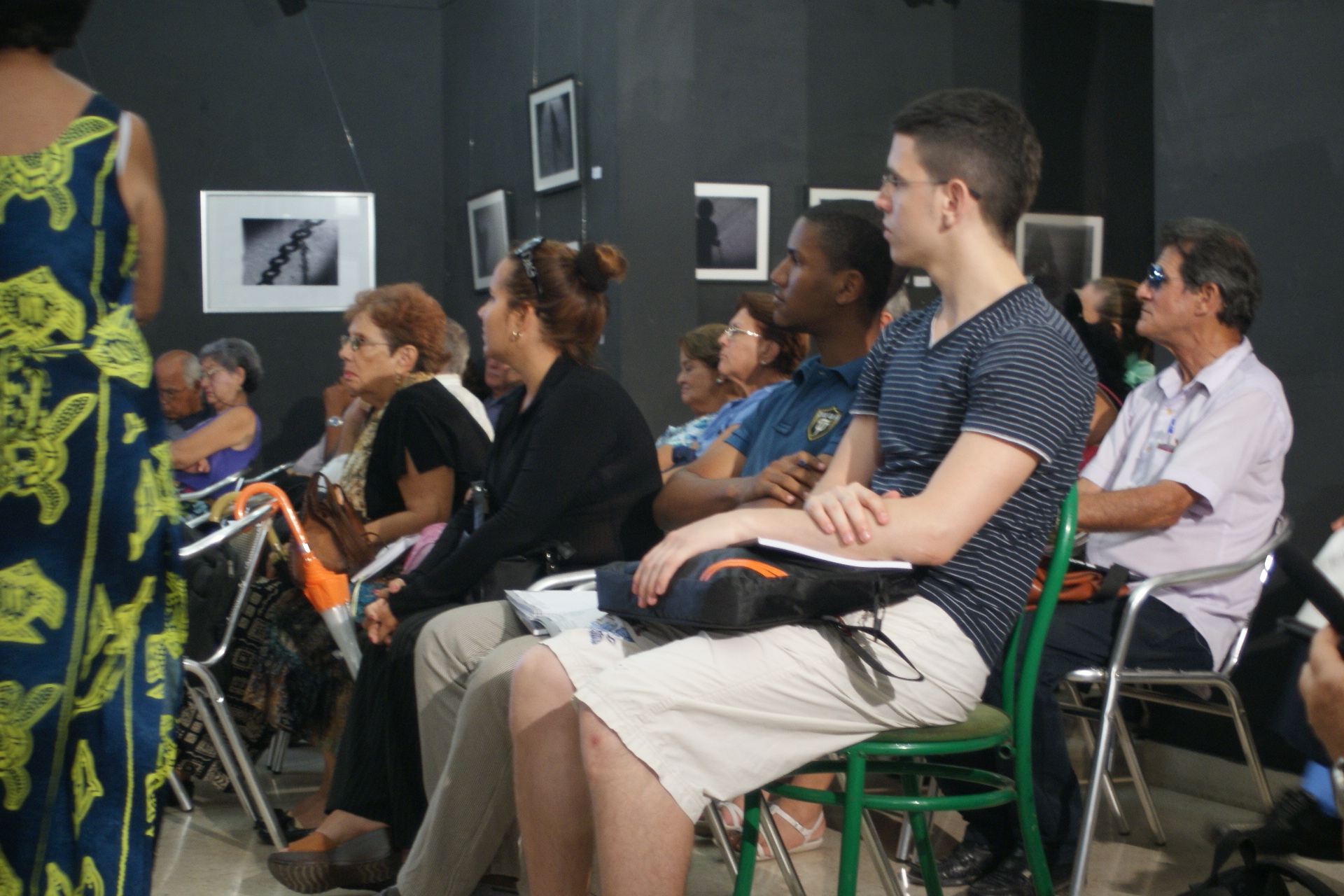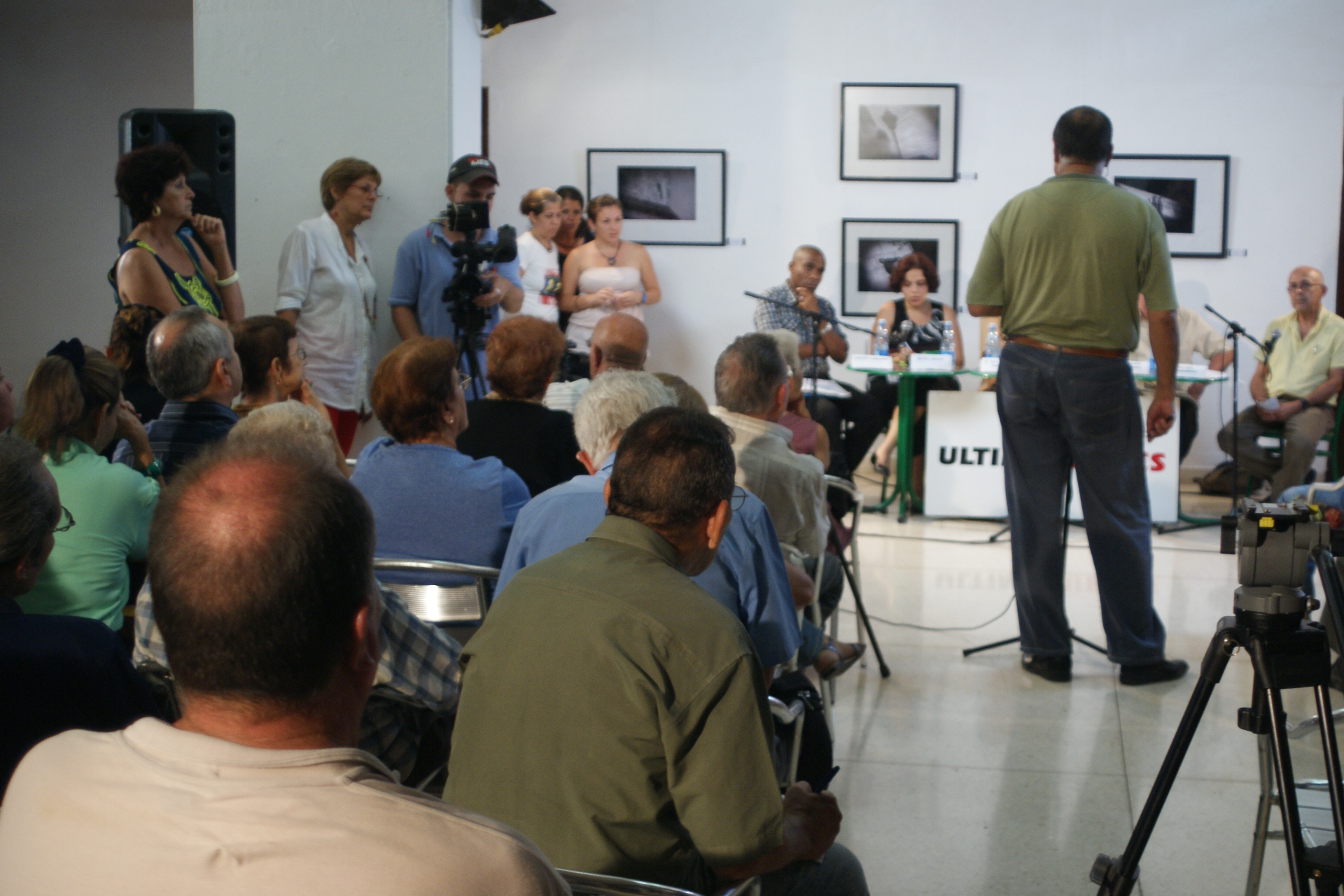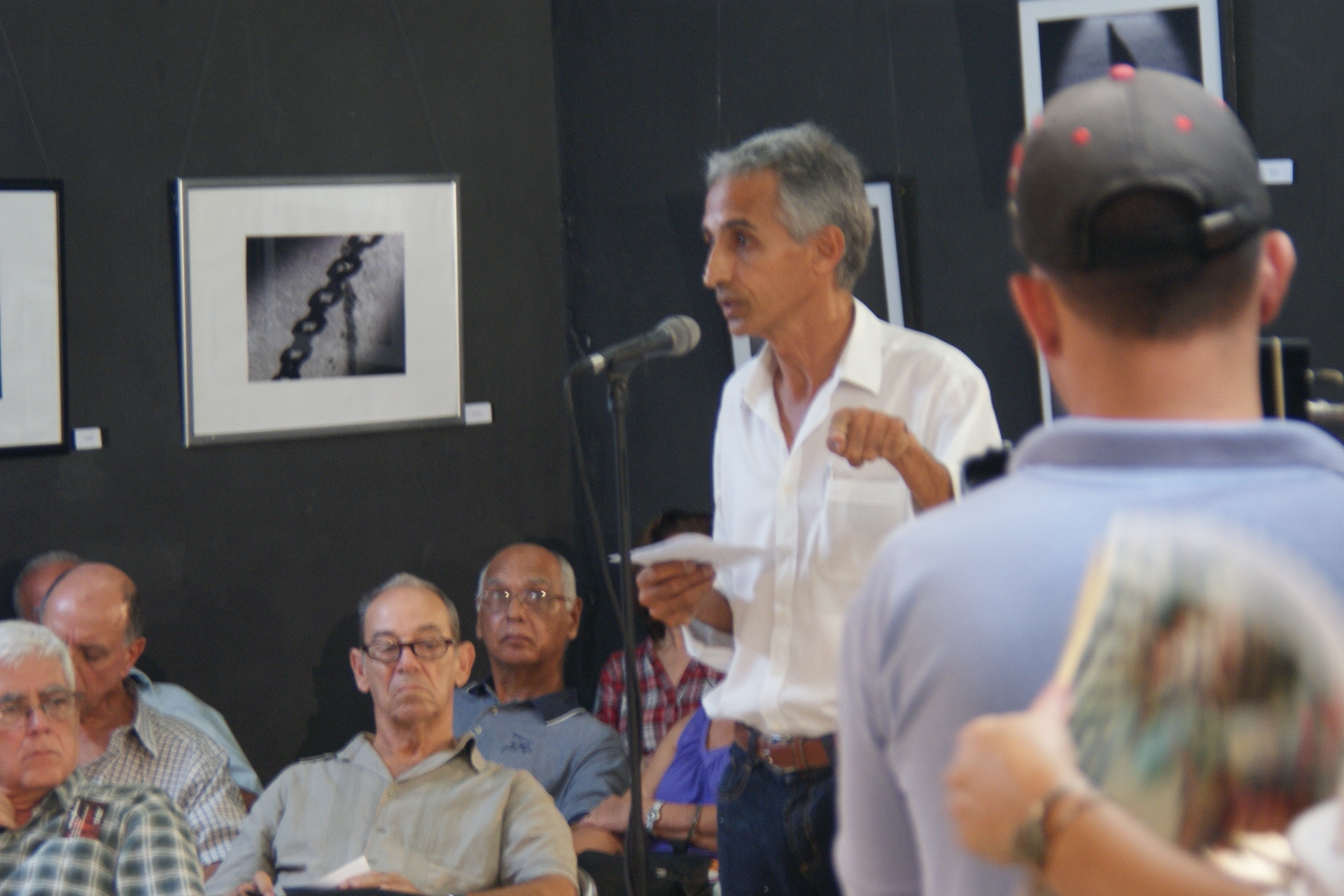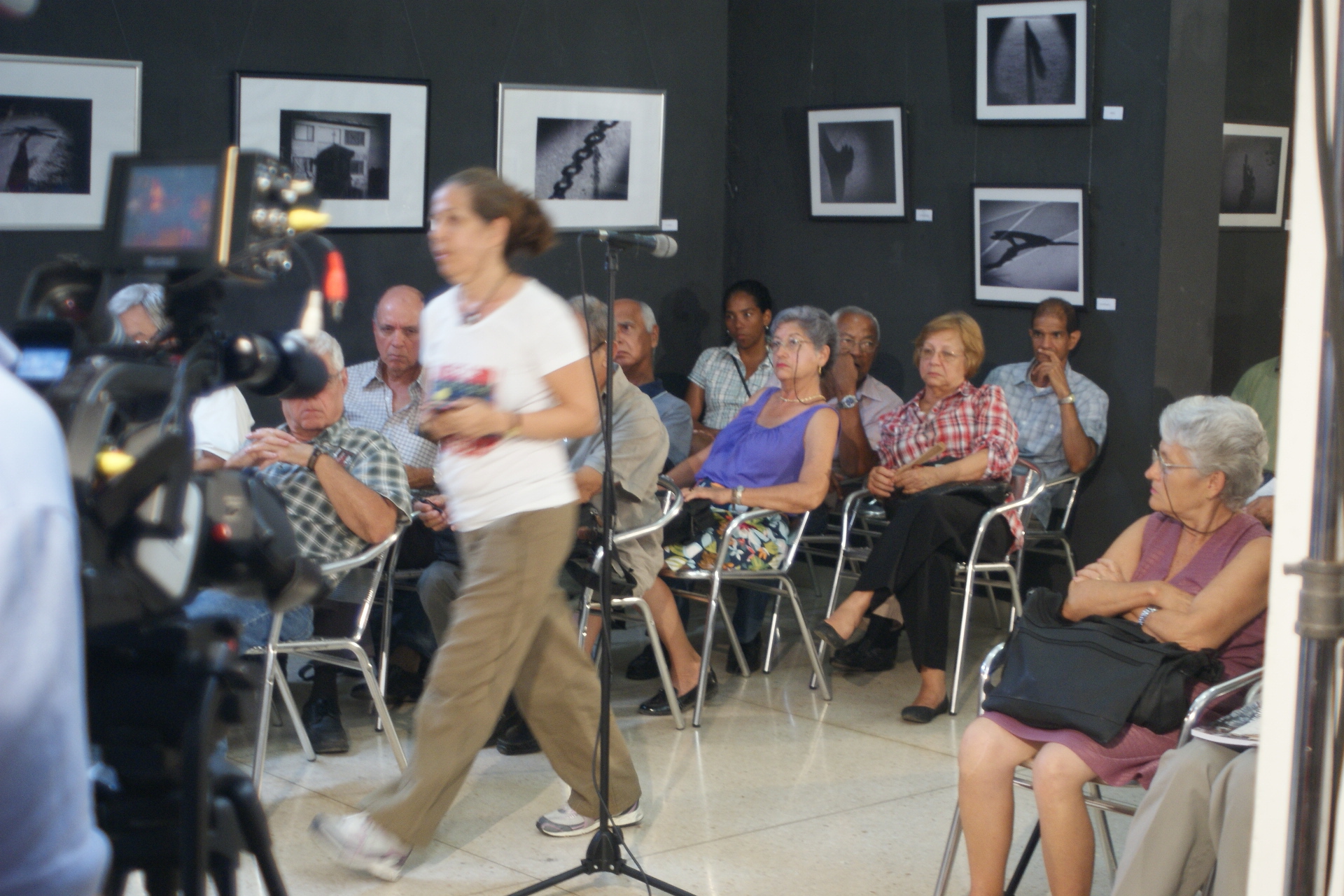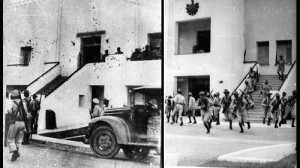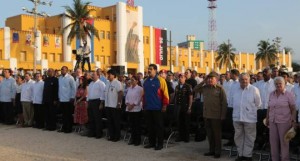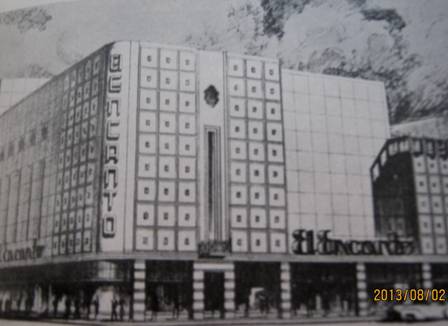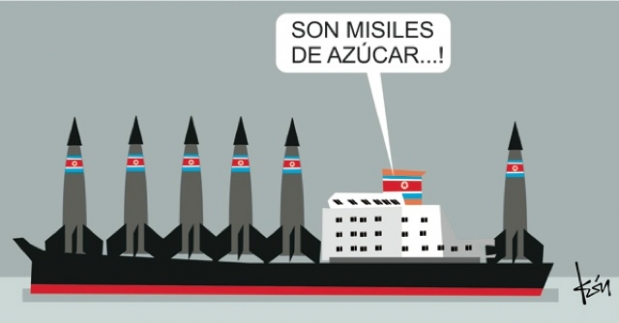
The North Korean vessel Chong Chon Gang, with its belly caramelized in arms and detained in the Panama Canal, floats above the level of State terrorism to settle itself in the much more explosive field of fiction.
Like a Tarantino totalitarian puppet – similar to the 5 Spies/Heroes of the Wasp Network in the USA… here all roles are relative – the supposed captain took a knife from the art (?) director and tried to cut his own throat, perhaps to later save the Great Comrade from the third litter, Kim Jung-Un, the trouble of doing so.
The Cuban government was quick to secretly negotiate a settlement with Panama, before the shit hit the media. Given the magnitude of smuggling – for less than this many capitals have been bombed – it would not be surprising that from Havana they offered a free license to open in Cuba, not one, but a thousand Panama canals the length and breadth of the island. Benicio del Toro promised it in Vietnam and Alfredo Guevara almost did so in the Caribbean.
The Panamanian President in person, with his neorealist name of Ricardo Martinelli, was the one who sounded the alarm, as a dramatic effect to his electorate. And he did it, of course, on Twitter, which is the measure of all things, and where even God now has verified accounts in different languages.
Our Minister of Foreign Relations then made his mea Cuba, and acknowledged that he had shipped some old rockets and planes that, at this point in the comic strip, couldn’t do any more damage. They were weapon props, those that now and again accidentally kill an extra or a double, who don’t even show up in the film credits.
Then, more and more containers appeared, including some with explosives. It was a classic cut to the chase because there’s no decent dramaturge without a bomb as the climax. The tanks, wandering suffering souls in greater misery than the thinkers of Havana and Pyongyang, should have sat down right away to rewrite the ending. Even in a democracy there are leaders that work like this, without all the loose ends tied up beforehand by the government script.
The sugar sacks were packed molecularly in a clandestine Cuban port, so now they must be unloaded by hand, one by one. At the beginning, it was to take days. As of now, it will take a few weeks. Nobody knows for sure the actual number of sacks, so no expert dares dismiss the possibility that this constitutes an irrational number. Or infinite. In that case, the Panama longshoremen have fallen into a trap worth of Borges. Perhaps into a Chinese Box. In any case, the perpetual downloading is another discovery of the aleph.
In the aftermath of the Revolution, it is pertinent to erase the evidence of the barbarities. Under the sugar, weapons as an element to divert attention. Beneath or within the arms could be camouflaged the key narrative of this entire debacle.
What are the North Koreans really taking from the Cuba of Castro 2.0? I recognize that my despair as a writer begins here.
Cadavers, for starters, that source of irreplaceable suspense: illustrious dead – or falsely disappeared – whose DNA remains they want to send to the cosmos or make into plasma thanks to the nuclear program of Kim 3.0. Of course, it could be a wholesale money flight, drawn from remittances of the entire Cuban exile, to mock for the millionth time the Washington trade embargo (another obsolete weapon, in this case against the Revolution).
Given the interminable tons of sugar, it’s possible they are also taking entire dynastic families, who perhaps haven’t figured out yet that the ship isn’t moving any more; so they are still in their high-tech containers, playing Go or digital golf, not knowing that Pyongyang is no longer expecting them. Ricardo Martinelli should tweet a little less and ensure the safety of these stowaways who, until recently, were the political thugs of the fatherland. If it’s “with all and for the good of all,” the emigrants of the elite and the revolutionary repressors can’t be excluded.
It is true that the Chong Chon Gang might explode from its undeclared criminal cargo — in Cuba there is a tradition of civilian planes and boats that flew for this reason — but it’s no less certain that the tragedy could have occurred in the narrowest region of the American continent, which by all rights would reduce any international condemnation to the rank of terroristhmus.
It’s true that they violated several provisions of the United Nations, always so controversial and manipulated when it comes time to vote, but we already know that many powers ignore them when they block their interests. It’s true that in Cuba today we barely produce the sugar consumed by our own people, but no one has yet literally tested a single grain from these sacks (perhaps it’s Caimanera salt, or sand from Veradero passing off this luxury item?). It’s true that Cuba could end up more isolated along with the ALBA block, and forced to pay millions for what could be considered an act of military aggression in times of peace.
But the obsession with the truth shouldn’t blind us before the triviality of verisimilitude, without which no art is authentic. Condemn us, it doesn’t matter: Hollywood will absolve us.*
Orlando Luis Pardo Lazo | 2 Aug 2013
*Translator’s note: A reference to Fidel Castro’s declaration at his trial for leading the attack on the Moncada Barracks: “Condemn me, it doesn’t matter; History will absolve me.”


